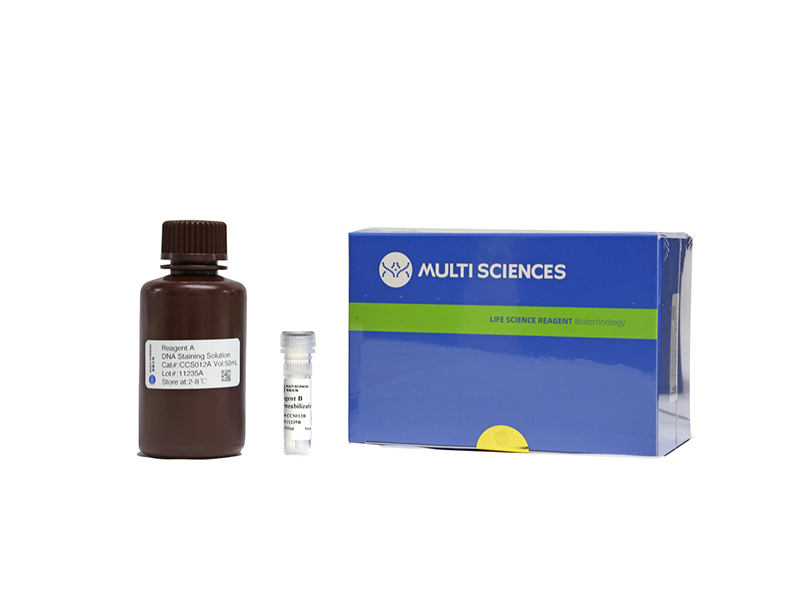Grifola frondosa (G. frondosa) is widely known for its anti-tumor potential, which has been demonstrated by numerous scientific researches. In this study, two water soluble polysaccharide-protein complexes were extracted from G. frondosa at 4 °C (GFG-4) and 100 °C (GFG-100) and purified. Compared with GFG-100, GFG-4 had a higher protein content and molecular weight. The main monosaccharides of GFG-4 and GFG-100 were rhamnose, glucose, and galactose, with an approximate ratio of 3.00: 1.00: 0.86 and 2.85: 1.00: 0.94, respectively. The Fourier transform infrared spectra indicated that the two polysaccharide-protein complexes displayed characteristic functional groups of polysaccharides and proteins, and mainly contain pyranose ring with α-glycosidic linkage. Atomic force microscope images showed that both GFG-4 and GFG-100 exhibited straight chains, and GFG-4 possessed a relatively abundant fraction of branched chains. Intriguingly, GFG-4 showed a stronger antiproliferative activity against HepG2 cells than GFG-100. The mechanisms were further investigated by quantitative real-time PCR and western blot, it found that GFG-4 inhibited the proliferation of HepG2 cells mainly through the intrinsic activation of mitochondrial pathway and the Fas/FasL-mediated Caspase-8/-3 pathway. Conclusively, G. frondosa cold-water extracted polysaccharide-protein complexes could be used as a functional food for preventing or treating hepatocellular carcinoma.
文章引用产品列表
-


- MJ101 51 Citations
- 凋亡试剂盒
Mitochondria Staining Kit(JC-1)线粒体膜电位检测试剂盒 125 Tests
- ¥1,120.00
-
- AT101 1165 Citations
- 凋亡试剂盒
Annexin V-FITC/PI Apoptosis Kit(细胞凋亡试剂盒-适用贴壁细胞 除C6流式细胞仪以外的流式细胞仪)
- ¥860.00 – ¥1,510.00
-
- CCS012 1190 Citations
- 周期试剂盒
Cell Cycle Staining Kit 细胞周期检测试剂盒
- ¥390.00
-
- AP101 1755 Citations
- 凋亡试剂盒
Annexin V-FITC/PI Apoptosis Kit(适用于除C6以外的流式细胞仪)
- ¥630.00 – ¥1,280.00





